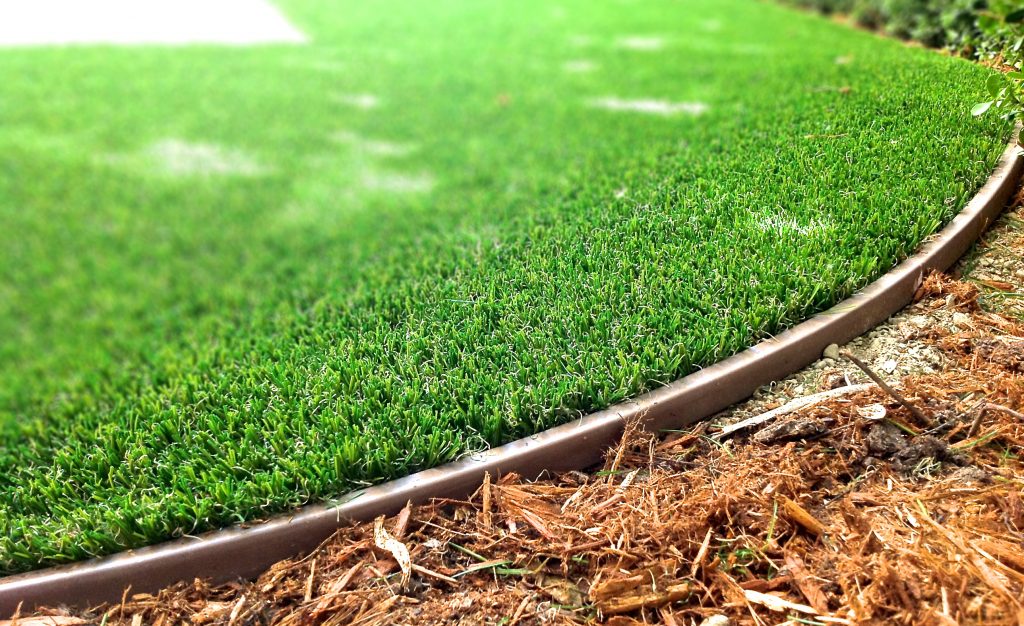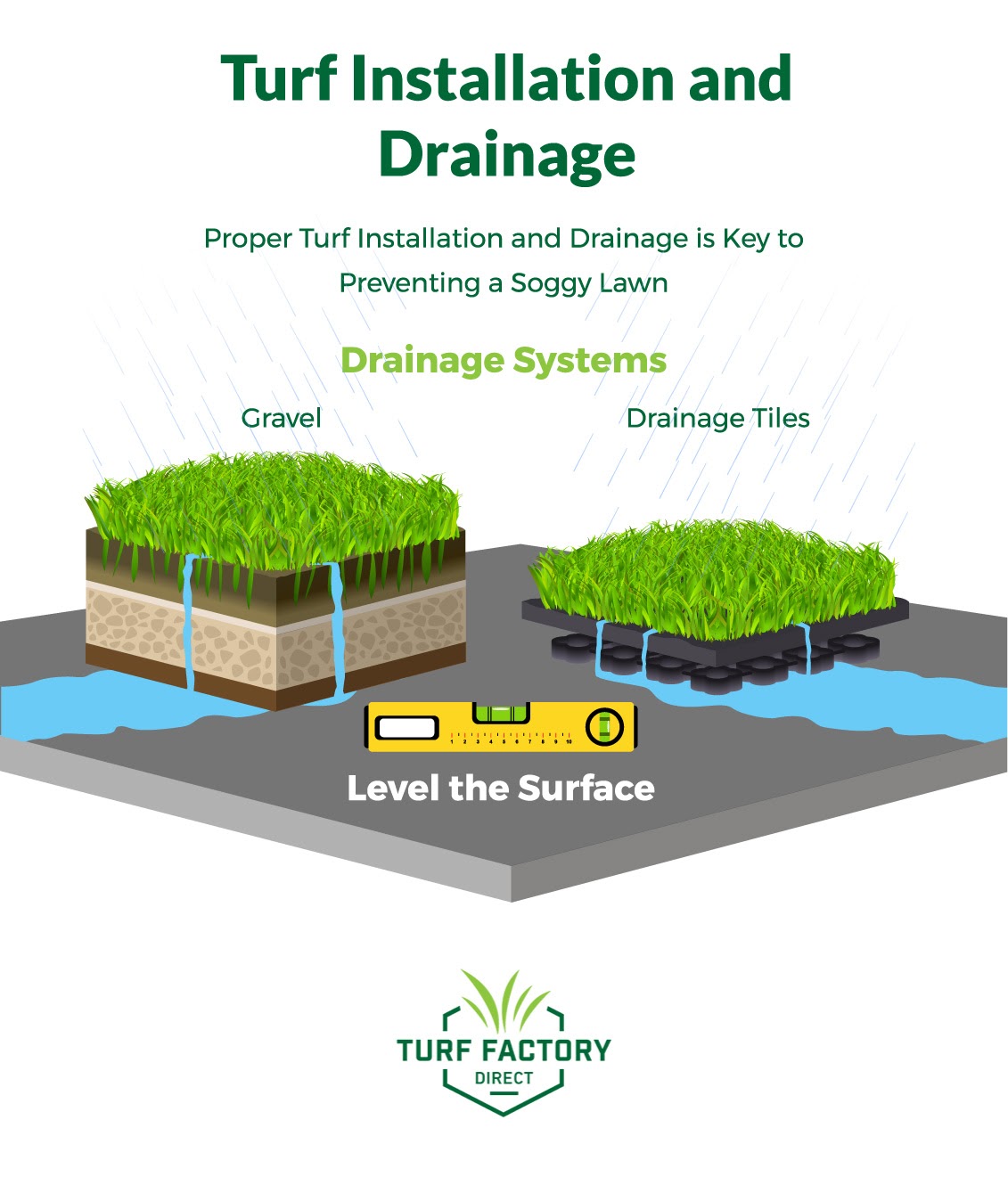Top Factors to Take Into Consideration Artificial Grass for a Lavish and Low-Maintenance Yard
As house owners significantly look for lasting options for outside spaces, artificial lawn provides an enticing choice to conventional yards. The advantages prolong beyond simple aesthetics and sustainability; checking out the complex implications of synthetic lawn discloses a comprehensive method to yard management that merits deeper factor to consider.
Year-Round Plant
Among the most considerable advantages of man-made grass is its capability to provide year-round plant, regardless of climate problems. Homeowners usually deal with obstacles in maintaining a dynamic lawn due to seasonal changes, droughts, or heavy rains. Artificial lawn removes these worries, making sure a consistently lush look throughout the year.
This artificial alternative is crafted to stand up to diverse climate circumstances, from burning summer warm to freezing winter season temperature levels. Unlike all-natural turf, which may brown or end up being irregular during severe problems, synthetic grass keeps its dynamic shade and texture, boosting the visual allure of any landscape.
In addition, artificial turf is resistant to parasites and diseases that normally impact natural lawns. This durability adds to its enduring appeal, as there is no need for chemical treatments or fertilizers that can be hazardous to the setting. Furthermore, home owners can appreciate the visual benefits of a well-maintained yard without the cyclical obstacles postured by all-natural lawn treatment (turf installation).
Minimized Upkeep Initiatives
Artificial grass dramatically decreases upkeep initiatives, permitting property owners to take pleasure in a beautiful lawn without the taxing jobs connected with natural yard treatment. One of one of the most noteworthy advantages of artificial grass is the removal of regular mowing. With no need for a lawnmower, homeowners conserve both time and the price of maintenance connected with this tools.

Cleaning up man-made lawn is simple; a straightforward rinse with a hose pipe or the periodic brushing to eliminate particles is usually enough - backyard artificial grass. This convenience of treatment allows homeowners to invest even more time enjoying their outside rooms as opposed to laboring over them. In recap, the reduced maintenance initiatives connected with man-made grass make it an enticing option for those looking for an attractive, easy backyard
Water Conservation Advantages
The substantial reduction in upkeep efforts related to synthetic yard encompasses water conservation, making it an eco-friendly alternative for homeowners. Standard grass call for substantial quantities of water to stay lush and dynamic, usually leading to extreme water use, especially in arid areas. On the other hand, synthetic lawn gets rid of the requirement for routine watering, considerably minimizing the overall water consumption in your yard.
By choosing artificial turf, property owners can conserve hundreds of gallons of water yearly. This shift not just advantages specific houses however additionally contributes to broader environmental initiatives focused on lowering water waste. In locations experiencing water shortage, the fostering of fabricated yard can play a substantial function in alleviating the effects of drought and making sure that valuable water resources are made use of extra successfully.
Additionally, the setup of synthetic grass can aid reduced municipal water demand, profiting the community all at once. With growing awareness of ecological problems, choosing fabricated grass acts as an aggressive step towards lasting landscape design, helping to maintain natural water sources while maintaining a cosmetically pleasing exterior area (turf installation). In summary, man-made yard provides a compelling option for water conservation, aligning ecological duty with modern-day landscape design requirements

Insect and Allergy Decrease
A significant advantage of installing artificial grass is its capacity to decrease insects and irritants in outdoor areas. Standard grass lawns frequently work as reproducing premises for bugs such as mosquitoes, ticks, and ants, which can create discomfort and wellness risks for pet dogs and households. In contrast, artificial lawn removes the natural product that draws in these insects, therefore substantially reducing their populaces in your backyard.
Additionally, all-natural yard can harbor mold and mildew, plant pollen, and other allergens, which can set off allergies and respiratory problems for sensitive individuals. Synthetic grass provides a cleaner environment, decreasing the capacity for allergenic reactions. Unlike all-natural grass, synthetic grass does not produce plant pollen, making it an exceptional choice for allergic reaction victims seeking to enjoy their outdoor spaces without the danger of flare-ups.
Additionally, the absence of soil in synthetic grass suggests there is less dirt and dirt, more decreasing airborne irritants. This low-maintenance alternative not just improves the aesthetic charm of your backyard however additionally advertises a much healthier exterior environment, enabling families to appreciate their grass without the continuous concern of parasites and irritants. Hence, artificial yard is a calculated choice for those prioritizing comfort and health in their exterior living areas.
Long-Term Price Cost Savings
Spending in artificial turf can lead to considerable lasting cost financial savings for homeowners. While the initial investment might appear considerable, the monetary advantages in backyard artificial grass time can be considerable. Synthetic yard gets rid of the demand for regular yard maintenance expenses, such as mowing, fertilizing, and watering. Traditional yards often require significant sources anonymous to maintain a lush look, especially in areas prone to drought or extreme climate condition.
In addition, the long life of artificial lawn even more boosts its cost-effectiveness. Many high-grade synthetic lawn products can last 15 to 25 years with very little upkeep, decreasing the requirement for substitute or comprehensive repair work. In contrast, all-natural turf may call for frequent reseeding and normal treatment, which can rapidly include up in costs.
Energy savings are one more critical aspect. Property owners can anticipate to see lower water bills, as synthetic grass does not require watering. In addition, the decrease in yard care services can liberate beneficial time and sources, enabling property owners to allot their spending plans elsewhere.
Conclusion
In summary, artificial yard offers countless benefits for house owners seeking a low-maintenance and vibrant landscape. Its capacity to give year-round greenery, combined with minimized upkeep efforts and substantial water conservation, makes it an appealing selection. Furthermore, the decrease of insects and allergens adds to a much healthier outdoor setting. Eventually, the long-term price financial savings connected with synthetic grass strengthen its status as a sustainable and sensible service for enhancing outdoor rooms.
Man-made turf substantially reduces maintenance initiatives, enabling property owners to appreciate an excellent grass without the taxing tasks connected with natural yard treatment.The considerable reduction in upkeep initiatives associated with man-made lawn extends to water preservation, making it an eco pleasant alternative for property owners. In contrast, artificial turf removes the demand reference for regular watering, considerably minimizing the total water consumption in your backyard.
In areas experiencing water shortage, the fostering of synthetic lawn can play a considerable function in alleviating the impacts of dry spell and guaranteeing that useful water resources are utilized a lot more effectively.
With expanding awareness of environmental problems, selecting synthetic yard serves as a positive step in the direction of lasting landscaping, assisting to preserve natural water sources while preserving an aesthetically pleasing outdoor room.